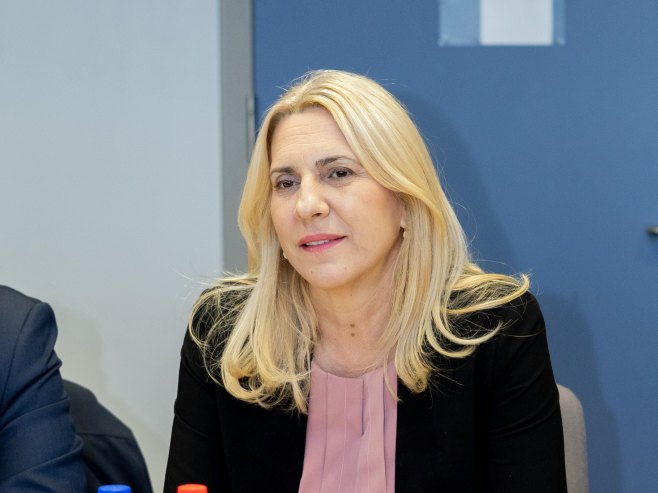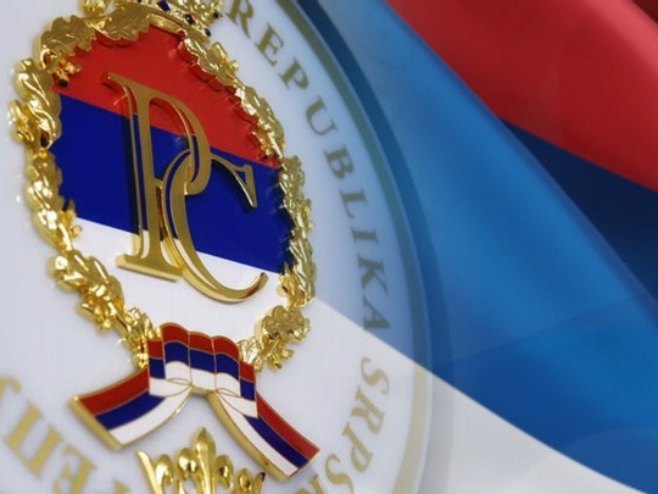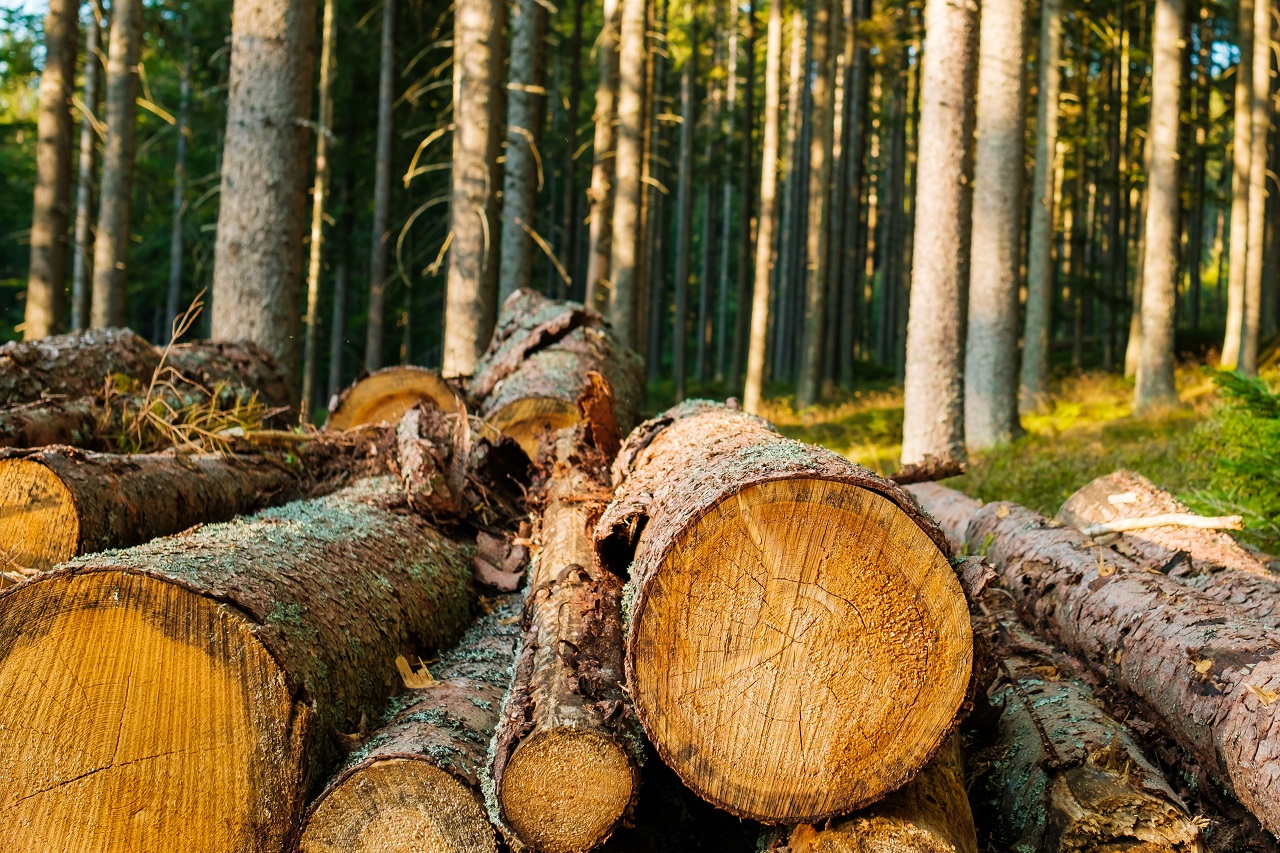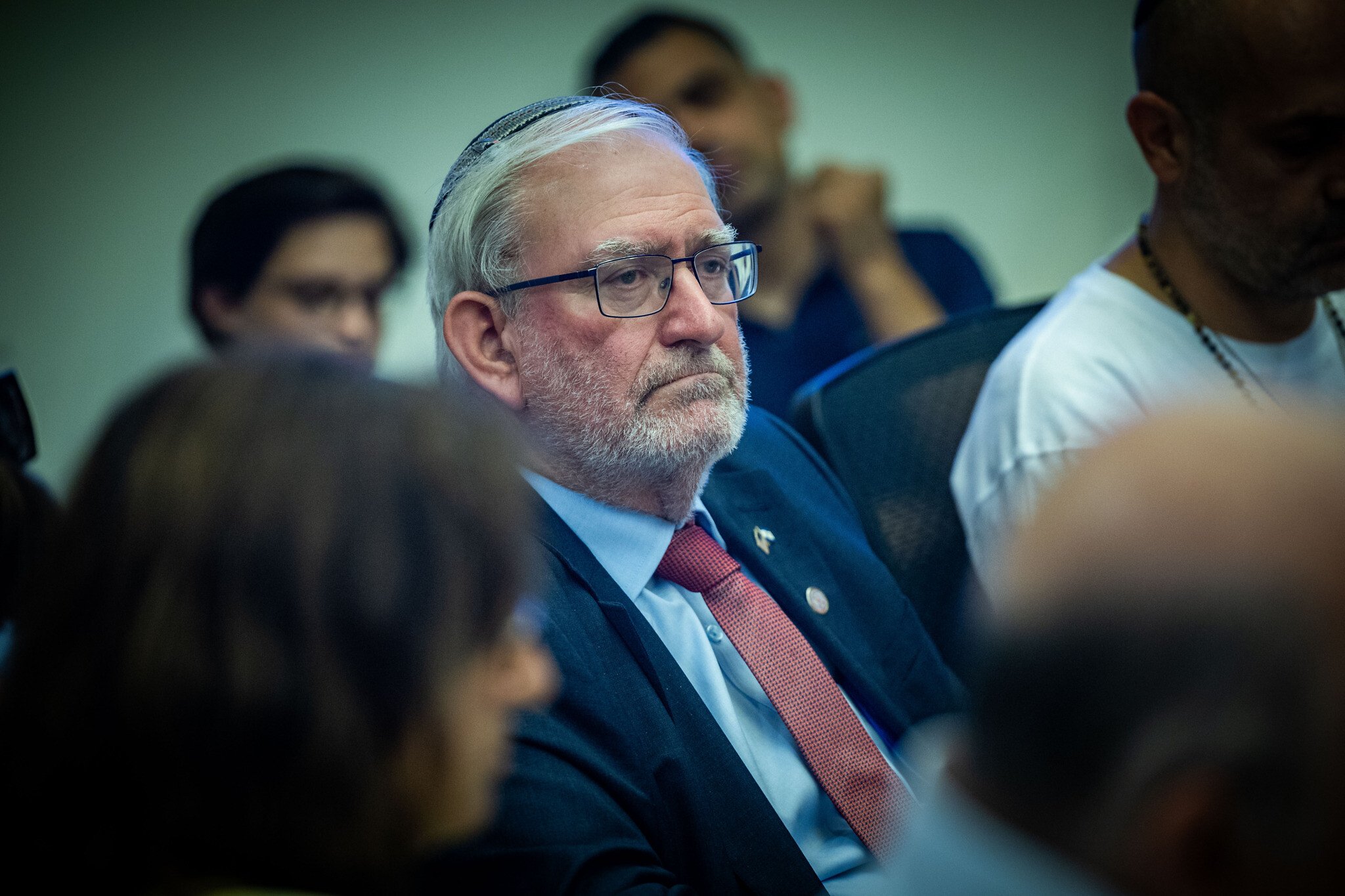“Greetings. I am the legal heir to property in the Federation of BiH, in the municipality of Bihać, near Kulen Vakuf. No Serbs live there anymore. The local Muslims are very active in logging. Every year, we gather at our cemetery for the Feast of the Transfiguration. That’s when we also visit our properties. Everything that is accessible has been cut down. Without fear or shame, they are cutting our forests and groves. No one is stopping them. What can be done?”
This is just one of thousands of emails sent in recent years to legal aid offices available to the many Serbs who were expelled from their homes during the wars of the 1990s and whose properties, for various reasons, remained within the borders of the Federation of Bosnia and Herzegovina.
The war extinguished countless hearths. Thousands of souls were forced to leave their native land. Many brought with them only what they could carry—sometimes nothing more than what they wore—leaving behind everything that generations had painstakingly built: homes, gardens, livestock, orchards, wells, and forests that began to be logged recklessly as though they belonged to someone else. But they did not.
Under attack
According to the Committee for the Protection of Serbs in the Federation, 542,889 Serbs once lived in the Federation of BiH, and they were the majority population on 32.2% of the territory. Today, they are statistically negligible.
Roughly 400,000 Serbs are still estimated to hold property in the Federation, but many of them have passed away, and in numerous cases, inheritance proceedings have never been initiated.
The scale of the problem came into full view when the Federation began harmonizing land registry records a few years ago. Unlike in Republika Srpska, authorities in the Federation chose not to notify registered owners individually. Instead, they merely published parcel numbers in official gazettes. This prompted a joint effort by Republika Srpska and Serbia to ensure that as many Serbs as possible retained ownership amid the harmonization of land registries and cadastres.
Authorities in Republika Srpska and Serbia have warned that the Federation is unifying its land registries and cadastres, and in this process, Serbs could lose their property due to discrepancies between the two systems. Additionally, Serbs may lose land if someone else has used it for more than 20 years without their consent.
Therefore, people were urged to report their properties in the Federation in order to receive free legal aid and protect their ownership.
Many Serbs who once lived in the Federation but are now scattered across the globe have begun efforts to reclaim or preserve their homes, forests, and fields.
However, the Committee has warned once again this month that Serbs in the Federation are largely without legal recourse to protect their property. As a result, they have lost not only homes and buildings but also forests that Bosniaks have been exploiting illegally for decades. Some estimates suggest that millions of marks have been earned from this illegal logging.
Đorđe Radanović, President of the Committee for the Protection of Serbs in the Federation, stated that illegal logging is rampant in the areas of Bihać and Ozren—over 300 hectares have been logged—as well as in Petrovac, Livno, and areas around Sarajevo and Zenica.
“In Zenica, there’s a man whose forest was cut down over 70 dunams. He cries. He returned and now lives in a shed. Had they not cut down his forest, he could have built a house,” Radanović said, adding that they constantly receive reports and appeals from Serbs who fled their properties.
Everything that could be cut has been on the territory of Ilijaš, the Nišići plateau, and the area around Hadžići toward Bradina. There have been instances where Serbs were pressured into selling their forests and entire properties for a pittance—otherwise, they would have lost them anyway.
In many cases, when Serbs visit cemeteries where their parents and family members are buried, they see their forests being dragged away—but fear keeps them from reacting.
“Forests are being logged on a massive scale. We’ve had many property-related requests to protect forests and land. There is no Serb-owned property in the Federation that hasn’t been encroached upon. If they couldn’t take it through paperwork, they took it through land hearings—or simply cut it down and destroyed it,” Radanović emphasized.
He said that if Serbs report illegal logging to the police, they often face additional harassment.
“Every week, they’re summoned to provide statements—when they noticed the logging, who they suspect—and it never ends. No one is ever held accountable. It’s all done in coordination with forest officials, who know where Serbs rarely visit and direct loggers to those areas,” he explained.
Privately owned forests in Serb ownership have been illegally logged across the Federation. According to Glas Srpske, such cases have been reported in Ozren, specifically in the municipalities of Zavidovići, Maglaj, and Lukavac. This is also visible in the area around Konjic and cadastral municipalities near Bihać.
In the Banovići area, illegal logging has occurred in the Serb villages of Lozna and Seona. In the municipality of Kakanj, forests were cut without consent in cadastral municipalities such as Dračići, Saranovići, Viduša, and Mioči. A similar situation existed in the Travnik settlements of Varošluk, Zaselje, and Orlice.
“We are witnessing continued mass appropriation of Serb refugee property in the Federation,” Radanović concluded.
Fear
Aside from fearing for their homes—many of which they never returned to due to poor living conditions—Serbs continue to live in fear and often avoid publicly speaking about the issues they face.
Forests are one of those issues.
“I reported everything to the local authorities in the municipality where my land is located, but nothing happened. I’m 69 years old and have lived in Slovenia for years. I inherited about 12 hectares of land. I’ve had huge problems with the logging of my forest. It’s ongoing. There’s no way to stop it. The same goes for agricultural land. Thank you for the email. Best regards, and please don’t mention my name, as I don’t want more problems when I visit my homeland, where there are no homes left. Everything was destroyed in 1994 and 1995,” said a man who now lives in Slovenia but wants to protect his land in the Federation.
Many have never returned to the places where they took their first steps—driven by fear and the inability to rebuild their lives due to a lack of employment opportunities in the Federation.
Experts claim that, aside from Canton 10 (Livno), there are no real conditions for sustainable return—and that has always been the goal: to prevent Serbs from returning, to let their homes become overgrown with weeds, and to allow others to claim their land and forests, even in cases where ownership is well documented.
Mile Marčeta, president of the Association of Displaced Persons from the Municipality of Drvar “Sustainable Return,” confirms this.
“After every war, forests and the poor suffer. They came, built countless sawmills, and no one can stop them. The laws are ignored. They probably cut down twice as much as what’s legally allowed,” he said, claiming even former High Representative Paddy Ashdown once walked through those forests and estates.
Serbs in the Federation, he added, have nowhere to work because everything has been occupied, and the forests are being abused “to the bone.”
“Forests from our region used to be our main resource. People protected them. Today, there are no inspectors, no one asks what’s happening with the forests. And why would they—when it’s Serb property? If this pace continues and strict measures aren’t taken, we’ll have a disaster,” Marčeta said.
There is also no investment in infrastructure. For example, the road between Drvar and Istočni Drvar remains neglected.
“They talk about a unified Bosnia and Herzegovina, no borders, unity. But they stop at the border with Republika Srpska. They won’t invest a single fenning where Serbs are the majority—not the government, not the forest estates. And the saddest part is that some of our own people have been bribed to let them do whatever they want. I don’t know what else to say as someone who has been in the NGO sector for more than 30 years,” Marčeta concluded.
There were serious problems in the Ozren region, according to testimonies and records. Now, at least in some areas, the situation has improved significantly.
“We’ve received some reports of individuals entering from Zavidovići, but this has not yet been confirmed. Logging was especially intense in the early postwar years. They cut wherever they could,” said Lazo Tripunović of the Homeland Association of Gornja Brijesnica, which brings together displaced Serbs from the area.
One reason for the improved situation is that Serbs have begun visiting their former properties in Ozren more frequently.
“We call on all those who can return and visit to do so more often to prevent their properties from becoming overgrown and their forests from being illegally cut,” Tripunović urged.
A call for help
Hundreds of examples show how forests and pastures owned by displaced Serbs in the Federation have been registered as municipal property. Requests and appeals are constantly sent to six legal aid offices, including two in Belgrade and Novi Sad.
Their goal is to educate people on property registration procedures in the Federation, raise awareness about the harmonization or replacement of land registry entries, and protect property rights while identifying potential abuse of Serb-owned land.
Clients often contact them for general information about land registration and replacement of cadastral records, legal advice about initiating inheritance proceedings, and clarification on rights that should be registered in land books and cadastres.
The legal aid office in Istočno Sarajevo has confirmed that they are aware of the problems Serbs face, including illegal logging, land encroachment, obstruction of possession, and the unresolved status of military and civilian apartments.
“We urge all Serbs who own land in the Federation (houses, fields, forests, pastures, orchards, meadows, or other property) to send a request for assistance or call us to receive free legal aid and protect their property,” one appeal from Republika Srpska and Serbia to Serbs originating from the Federation read.
Garbage and waste
Messages received by legal aid offices reveal much more. One email from Serbia mentioned that inheritance proceedings were underway in Bihać at the time.
“My house, which was built just before the war, was demolished. When I returned to my homeland, my plot was buried under garbage and waste. And everyone knows who dumped it, but…” wrote Dragan M., who has lived in Novi Sad since 1995.
Even monuments are a problem
Đorđe Radanović previously warned that Serbs who fled from the Federation, alongside those expelled from Croatia, are among the greatest victims of the wars in the former Yugoslavia. He noted that there are 163 villages in the Federation that were exclusively Serb in 1991, all of which were completely destroyed—literally no stone was left upon another.
“We have churches that still haven’t been rebuilt, like the one in the village of Vrelo near Cazin. We’re facing destruction of cemeteries and monuments. Attacks on Serb Orthodox Church properties are documented, especially in the Sarajevo Canton. We’ve even had attacks on Serbs during religious celebrations, such as the shooting incident in Požarnica near Tuzla during the celebration of St. Elijah’s Day, when a local Muslim fired shots into the air and fled,” Radanović said, also pointing out that Serb children in the Federation cannot even learn the Cyrillic script.
Source: Glas Srpske









